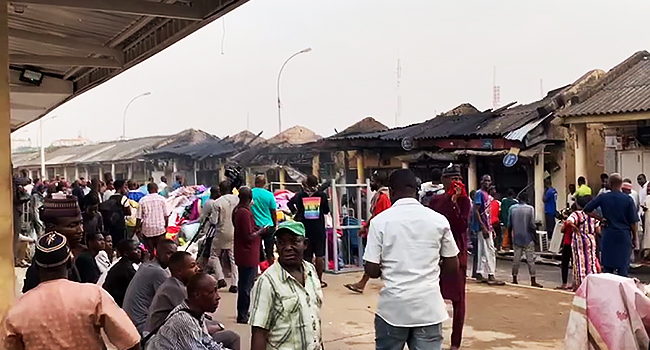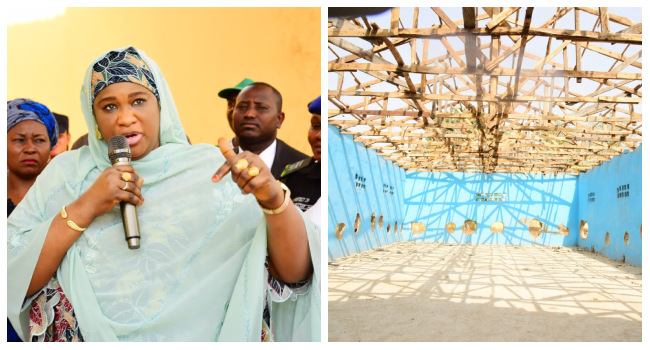
The court said the rights to peaceful assembly and association are the foundation of a civilised society. It ordered the government to pay nearly $70,000 in damages to the plaintiffs for violations of their human rights to peaceful assembly and association and freedom from forced evictions.
Socio-Economic Rights and Accountability Project (SERAP) today welcomed the judgment, stating that “this judgment shows that there is punishment for the government when it allows its security forces to use excessive force against peaceful protesters, and unlawfully drive them away from their homes, with tragic consequences for citizens and communities. That was the case here.”
The group said “as the rulings of the ECOWAS court are binding, the Nigerian government will be under pressure to implement this judgment and align its policing practices with international human rights standards.”
“What we would like to see now is for the government to allow all Nigerians, no matter their economic or political status, to have the same rights to peaceful assembly and association, and to freedom from forced evictions,” the group said.
SERAP Executive Director, Adetokunbo Mumuni said, “the ECOWAS court absolved the River state government of any wrongdoing, being not a party to ECOWAS protocols and agreements. But the court stated very clearly that the government of President Goodluck Jonathan is responsible for the persistent infringement of the human rights and prolonged suffering of the residents of Bundu Waterfront community, Port Harcourt.”
The group added that “it’s a strong signal that the passage of time will not diminish government’s responsibility when its security forces kill or injure unarmed protesters. The sooner the government implements this judgment the sooner it will be able to rectify the longstanding injustice against the residents of Bundu waterfront and surrounding communities.”
“The judgment comes amid concerns about the government’s harassment and intimidation of the #bringbackourgirls campaigners. The judgment has huge legal implications for the enjoyment of the right to assembly and association, and signals that the court will not tolerate any harassment of peaceful protesters in any part of the country,” the group said.
“We commend the bravery of the residents of the Bundu Waterfront community that have taken this long battle to the ECOWAS court.”
It would be recalled that Israel Okari, Joy Williams, Austin Onwe, Tamno Tonye Ama, Victor Opium, Mark Bomowe, Napoleon Tokubiye, Napoleon Tokubiye, Jonathan Bokoko, Williams Tamuno and Linus John with the support of SERAP dragged the Federal and Rivers governments to the court in 2010.
The Suit Number ECW/CCJ/APP/10/10 dated 29 October 2010, was filed on behalf of SERAP and the residents by Femi Falana (SAN), Adetokunbo Mumuni and Sola Egbeyinka. The Minister of Justice and Attorney General of the Federation; Rivers State governor Rotimi Amaechi; Commissioner for Justice Rivers State; and the Commissioner for Urban Development, were joined as Defendants.
In the suit, the Plaintiffs said “the Rivers State government with the support or complicity of the Federal government is planning large-scale demolitions of the city’s waterfront settlements. There are more than 40 waterfront settlements in Port Harcourt and they are some of the most densely populated areas of the city, home to at least 200,000 people.”
According to the Plaintiffs, “The planned large-scale demotions were developed without adequate consultation with affected communities. Njemanze waterfront, a community close to Bundu Ama, was demolished in August 2009 and it is estimated between 13,800 and 19,000 people were forcibly evicted from their homes. Thousands of people, including children, women and the elderly were left homeless and vulnerable to other human rights violations.”




